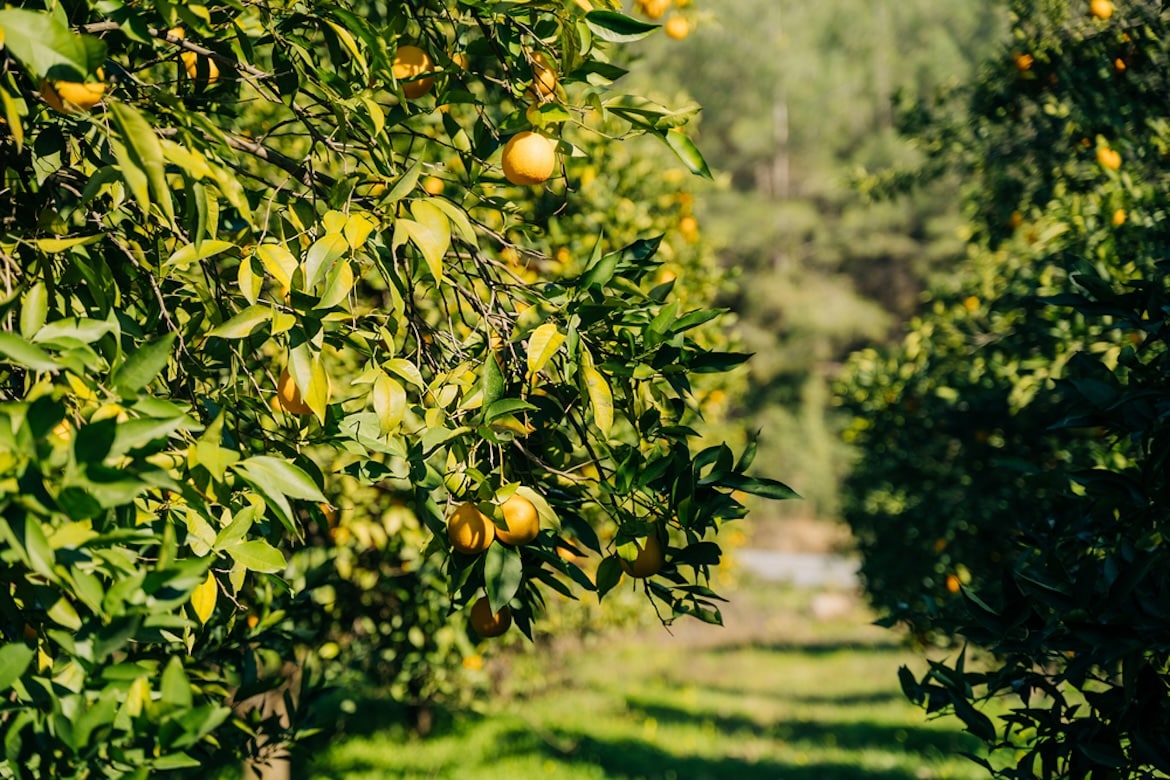Work as worship: Unveiling the significance of our labour
Salt&Light wishes all a happy and restful Labour Day.
Goh Hong Yi // April 15, 2025, 3:51 pm

Work was part of God’s perfect plan from the start, not a result of the fall. All photos from Depositphotos.com.
The Bible presents a grand narrative that begins with a garden and ends with a city. This trajectory is not accidental but a reflection of God’s design for humanity and work.
In the beginning, God placed Adam and Eve in the Garden of Eden, a place of abundance and divine presence: “The Lord God took the man and put him in the Garden of Eden to work it and take care of it.” (Genesis 2:15)
Work was part of God’s perfect plan from the start, not a result of the fall. Humanity was created with purpose, with hands meant to cultivate, shape, and nurture the world entrusted to us.
Yet, the story of Scripture does not end in a garden.

Adam’s work in the Garden of Eden was God’s divine plan and purpose.
It culminates in a city, a city built not only by God but with the participation of His people. “I saw the Holy City, the new Jerusalem, coming down out of heaven from God, prepared as a bride beautifully dressed for her husband.” (Revelation 21:2).
We are not passive inhabitants but active builders in God’s grand design.
This progression from garden to city is significant. It suggests that work is meant to bring forth development, culture, and innovation. From agriculture to architecture, from craftsmanship to governance, human effort is meant to transform the raw potential of creation into something more.
We are not passive inhabitants but active builders in God’s grand design.
We work to reflect God
But to build, we must first understand our purpose. We are not created merely to exist, nor to toil aimlessly. We are born for work, designed to bring forth life and meaning through our efforts.
Work is not just a necessity of life; it is part of our identity as God’s image-bearers. Just as He worked in creation, we too are called to work. “So God created mankind in his own image… God blessed them and said to them, ‘Be fruitful and increase in number; fill the earth and subdue it. Rule over the fish in the sea and the birds in the sky and over every living creature that moves on the ground.’” (Genesis 1:27-28).
To bear God’s image is to reflect His creativity, wisdom, and authority in the world. We are co-partners with Him in shaping His creation.

Just as Adam was entrusted with this creative responsibility, so too are we entrusted with the task of shaping the world around us.
Humanity’s role as co-creators is evident from the very beginning. When God brought the animals to Adam, He did not name them Himself but gave Adam the task of naming them.
“Now the Lord God had formed out of the ground all the wild animals and all the birds in the sky. He brought them to the man to see what he would name them; and whatever the man called each living creature, that was its name.” (Genesis 2:19).
This act of naming was not arbitrary; it was an invitation to participate in shaping creation. Just as Adam was entrusted with this creative responsibility, so too are we entrusted with the task of shaping the world around us.
Our work is not merely about survival; it is a divine partnership with God.
Our labour is an act of worship
Each of us is uniquely gifted to contribute to this grand mission. Exodus 35:30-35 tells the story of Bezalel, whom God filled with His Spirit, granting him wisdom and skill in craftsmanship to build the Tabernacle.
Whether through artistry, engineering, teaching, or caregiving, our talents are meant to build something greater than ourselves.
The parable of the talents in Matthew 25:14-30 further reinforces this truth. The master entrusted his servants with resources, expecting them to invest and multiply what was given. The one who hid his talent was rebuked, for he failed to recognise the sacred trust that had been placed in his hands.
Work is not only an individual pursuit; it is a communal endeavor. Isaiah 65:21-22 paints a vision of a redeemed future where people will build houses and dwell in them, plant vineyards and eat their fruit. No longer will their labour be in vain.
This is a glimpse of the city we are called to build – a place where work is no longer marked by toil and futility but by purpose and fulfilment.

Our labour is an act of worship, an offering to the One who gave us the ability to create, innovate, and restore.
Colossians 3:23-24 reminds us that: “Whatever you do, work at it with all your heart, as working for the Lord, not for human masters, since you know that you will receive an inheritance from the Lord as a reward.” Our labour is an act of worship, an offering to the One who gave us the ability to create, innovate, and restore.
To work is to fulfil our calling to co-create with God
At the heart of our work is the image of God. In the very act of creation, we see God as a worker: “In the beginning, God created the heavens and the earth.” (Genesis 1:1) We are made in His image, and thus, we too are meant to create, shape, and bring order to the world.
This means that our work is not just about making a living; it is about fulfilling our divine calling to build, restore, and co-create with God.
However, work has been corrupted by sin, and Satan seeks to rob us of our destiny. “The thief comes only to steal and kill and destroy; I have come that they may have life, and have it to the full.” (John 10:10) The enemy distorts work by making it an idol, a source of identity apart from God, or by turning it into drudgery, devoid of purpose.
The enemy distorts work by making it an idol, a source of identity apart from God.
If we lose sight of the divine calling behind our labor, we do not just suffer personally; humanity as a whole suffers.
Ephesians 6:12 warns us that “our struggle is not against flesh and blood, but against the rulers, against the authorities, against the powers of this dark world and against the spiritual forces of evil in the heavenly realms.” The enemy knows that when people lose sight of the meaning of their work, they lose sight of their role in God’s kingdom.
The theology of work reveals that work is not a burden but a sacred calling. From the garden to the city, our labour is woven into God’s eternal plan. We are born for work, not as a curse but as a privilege. We are co-labourers with God, entrusted with gifts and talents meant to shape His kingdom.
Our work is not just about making a living but about making an impact, about preparing the world for the fulfilment of God’s redemptive purposes.
As we labour with faithfulness, we build toward the city that is to come, a city where our work will finally find its perfect fulfilment in the presence of our Creator.
RELATED STORIES:
Tired of work? Be encouraged: Here are 3 ways God works as you work
We are an independent, non-profit organisation that relies on the generosity of our readers, such as yourself, to continue serving the kingdom. Every dollar donated goes directly back into our editorial coverage.
Would you consider partnering with us in our kingdom work by supporting us financially, either as a one-off donation, or a recurring pledge?
Support Salt&Light


